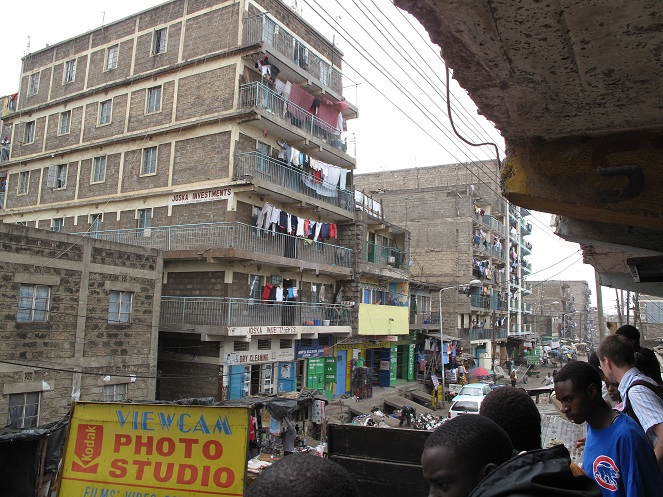The government may soon start to control rent in residential and commercial houses if the Landlord and Tenant Bill of 2021 is passed.
According to this bill, rent increase should not exceed the annual average inflation rate for the preceding year. This means that if the bill becomes law, rent increase this year will be capped at 5.2 percent—the average 2020 inflation.
According to a report that appeared in the Business Daily on Monday, “landlords have been given a window to breach the average inflation rate in case of sharp increases in rates paid counties and other State agencies or when they introduce an additional service to clients like security, garbage collection or home internet. Building owners can also increase rent above the cost of living measure if they make necessary upgrades to homes and office blocks.”
AP Salary in Kenya: What Administration Police earn (Updated Salaries)
This bill is sponsored by the National Assembly Majority Leader, Amos Kimunya. “The Bill seeks to introduce a legal framework which balances the interests of landlords and tenants in a free market economy by ensuring that landlords earn reasonable income from their investment in housing and also protects the tenant,” the Bill which has already been tabled in Parliament says.
The report in the BD says that the Landlord and Tenant Bill of 2021 also provides for cuts on rents when landlords withdraw some of the services that had prompted earlier increases in building lease costs. “Building owners will be allowed to increase rent once a year for residential houses and once in two years for commercial premises, lowering the cost of doing business,” it says.








